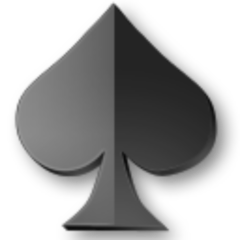A pool in your backyard can be an oasis for the whole family. However, pool installation can take a long time depending on a variety of factors. To help you plan ahead, here are some things to keep in mind.
While pool installation can be challenging, it is also a fun and rewarding experience. Choosing a company with experience is important to ensure the best results. A company with a history of successful installations will be able to provide you with the highest quality pool and the best service. Moreover, a company with a good reputation will be able to offer you the best deal.
Australia is renowned for its swimming pools, and many are historic treasures that are loved by generations of swimmers. The Sydney Olympic Pool, for example, is a grand and historic pool located in the heart of the city. The pool was first opened in 1924 and has become an icon for the city. It is still a popular place for locals to swim and has even hosted some famous events.
This iconic swimming pool is a must-see for anyone visiting Sydney. The pool is beautifully positioned and has a stunning backdrop of the city skyline. The pool has a number of different features including a diving board and an underwater sound system. The pool is also home to a wide range of marine life, including sea horses and fish. The pool is a great place to swim, but it is also a beautiful location for a picnic.
The Pool is one of the most famous and historic pools in Australia, and it has played an important role in the development of Australian swimming culture. It was originally opened in 1924 and was the first ocean pool to be built on the North Shore. The pool is also famous for its proximity to the Sydney Harbour Bridge and its distinctive architecture. It is a very popular spot for families and locals to go for a swim.
There are a number of historic swimming pools in New South Wales, and some are even open to the public. These pools are a great way to escape the summer heat and enjoy the beauty of the state. Whether you are looking for a quiet retreat or an exciting family destination, NSW has it all.
Located under Balmain’s sandstone cliffs, this beautiful and historic pool offers a little bit of Victorian elegance in the middle of the city. It is a popular spot for locals to cool off and is a beautiful example of a public swimming pool in Australia.
While the pool is not as large as some of the other pools on this list, it is still worth a visit. It is the perfect spot to relax and unwind with friends and family, and it’s a great way to beat the heat in Sydney. The pool is very well maintained, and you’ll find that the staff are friendly and helpful.
